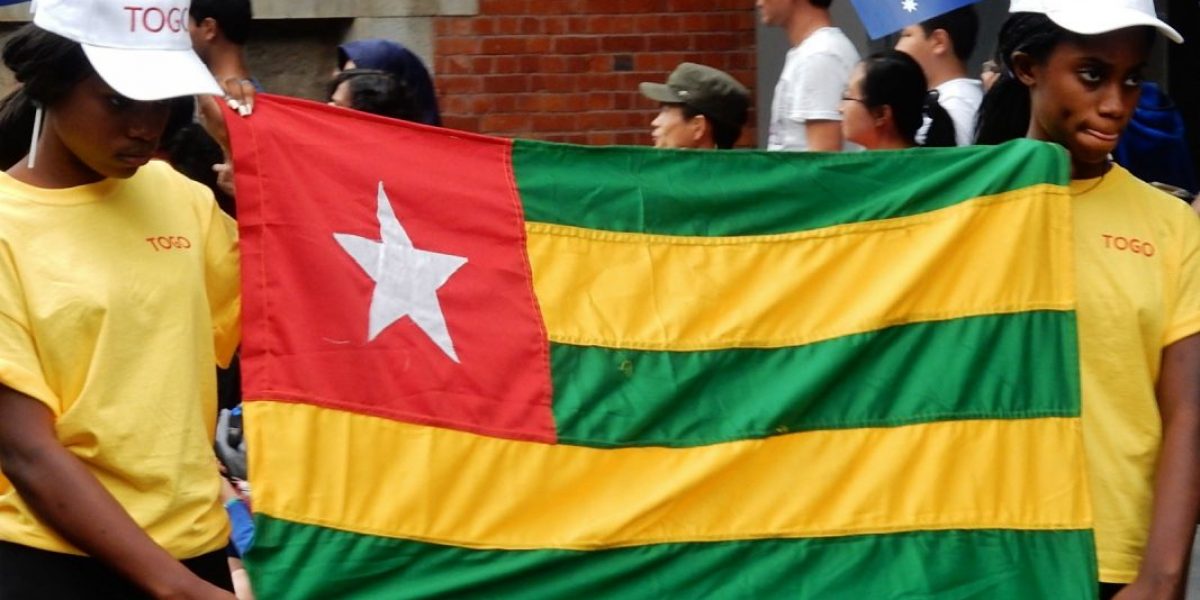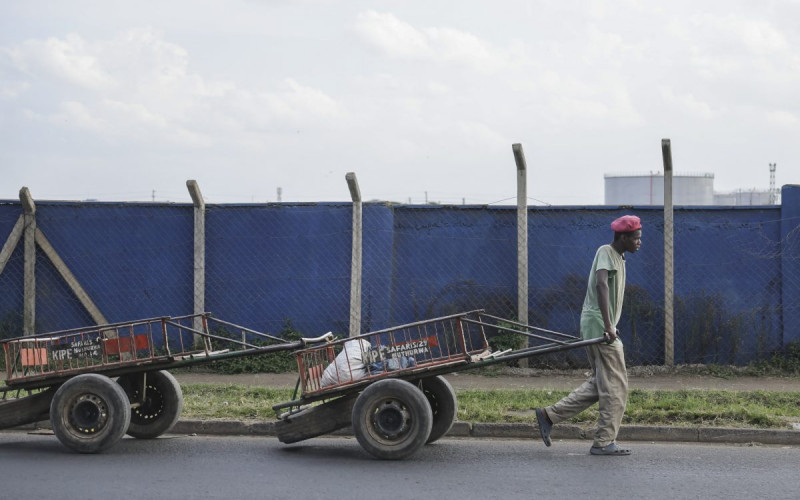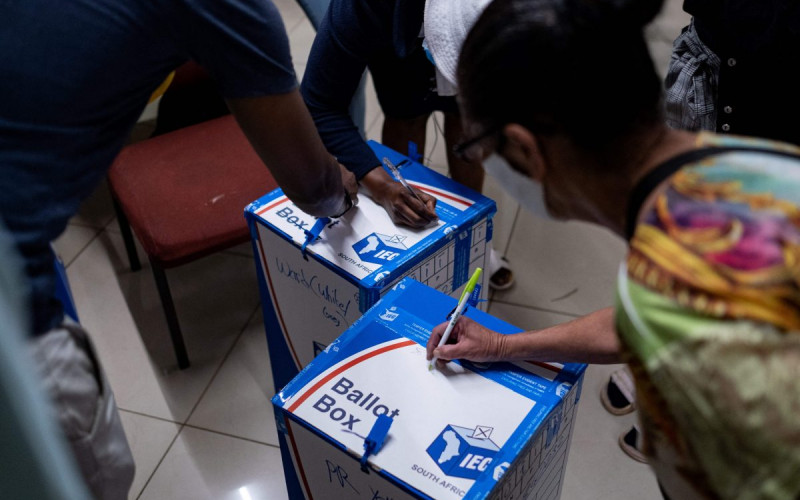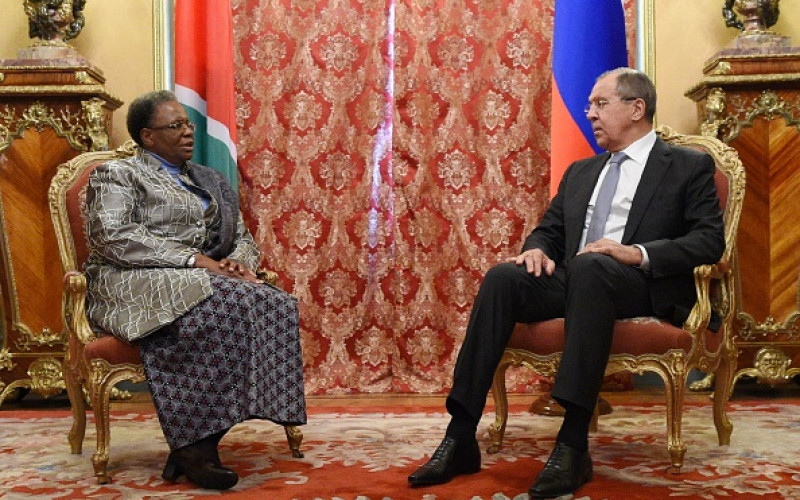The decisive intervention by the Economic Community of West African States (ECOWAS) in Togo’s political crisis in February was in marked contrast to the hands-off approach by the Southern African Development Community (SADC) to Zimbabwe’s violation of the region’s new electoral code in the run-up to parliamentary polls later this month.
There are clear differences between the two crises.
Togo’s armed forces subverted the constitution to install Faure Gnassingbe as president when his father, Gnassingbe Eyadema, died in February. In Zimbabwe, the government’s refusal to let in SADC election monitors three months before polling or to allow the recognised conditions for a fair election is part of President Robert Mugabe’s ongoing systematic suppression of political and civil liberties since 2000.
Togo is one of the smallest and weakest members of ECOWAS, whereas Zimbabwe is probably the second most important state in southern Africa, despite the catastrophic decline of its economy since the late 1990s.
The statures of the two presidents are also at opposite ends of the scale. Gnassingbe, an obscure son of the tyrant who had dominated Togo for 38 years, was almost unknown to ECOWAS leaders when he seized office. Mugabe, as one of the few southern African liberation leaders still in power, commands respect from his peers.
There is no common African Union position against the misrule in Zimbabwe, while the AU was unanimous in condemning the Togolese coup.
Yet the succession crisis in Togo and the parliamentary polls in Zimbabwe are both seen as test cases. Togo provided West African leaders with an opportunity to stand up against military-backed dynastic succession. The younger Gnassingbe was forced to step down, and elections have been scheduled for 24 April.
In Zimbabwe, the elections might have marked a potential step toward normal parliamentary democracy and dialogue between the ruling Zanu-PF and the opposition Movement for Democratic Change (MDC) – the two aims of South Africa’s controversial ‘silent diplomacy’.
Eyadema had not completed the ground-work for his son’s succession when he suddenly died. Togo’s parliamentary speaker Fambare Natchaba Ouattara was legally next in line for the presidency, but the army and the ruling party, dominated by the late ruler’s Kabye tribe from the north of the country, saw him as a threat. They therefore immediately closed the borders while Ouattara was abroad and replaced him with Gnassingbe.
The constitution stated that elections should be held within two months of a president’s death, but parliament, dominated by the ruling Togo People’s Rally, voted to delete that article and allow Gnassingbe to inherit his father’s term of office, which runs until 2008.
If African leaders, led by Nigeria’s President Olusegun Obasanjo but backed even by ECOWAS leaders who had close links to Eyadema, had not taken such a firm stand, Togo’s bloodless coup might have succeeded. The European Union, which along with France had periodically bankrolled the late Eyadema’s corrupt and brutal regime, seemed at first prepared to work with his son.
The international roles are reversed over Zimbabwe. The EU, the US and the Commonwealth, of which Zimbabwe is no longer a member, have been sharply critical of and taken sanctions against the government, while SADC leaders, dominated by South Africa, have insisted on a policy of constructive engagement with Mugabe and have defended his regime against censure motions in international organisations. If SADC has any real leverage over Mugabe, there is no sign that it is applying it.
One obvious way of doing so would be to hold Zimbabwe’s ruling Zanu-PF to its commitment to SADC’s new election benchmarks. These, along with MDC demands, include:
- An end to political violence, the disbanding of the youth militia and their removal from all constituencies;
- Equal access to the state media;
- The repeal or amendment of statutes that infringe upon basic civil and political liberties pertaining to freedom of speech, assembly and association;
- The repeal of those provisions in the NGO Act which seek to curtail the activities of organisations operating in the areas of governance and human rights;
- A thorough audit of the voters’ roll; and
- Deployment of SADC observers.
To date, none of these reforms has been carried out and SADC has said nothing. Elections are to be held on 31 March.
The regional responses to Togo and Zimbabwe send a message to the rest of the world that while ECOWAS will not tolerate unconstitutional rulers, SADC applies its own accepted principles of democratic behaviour selectively among its peers.






